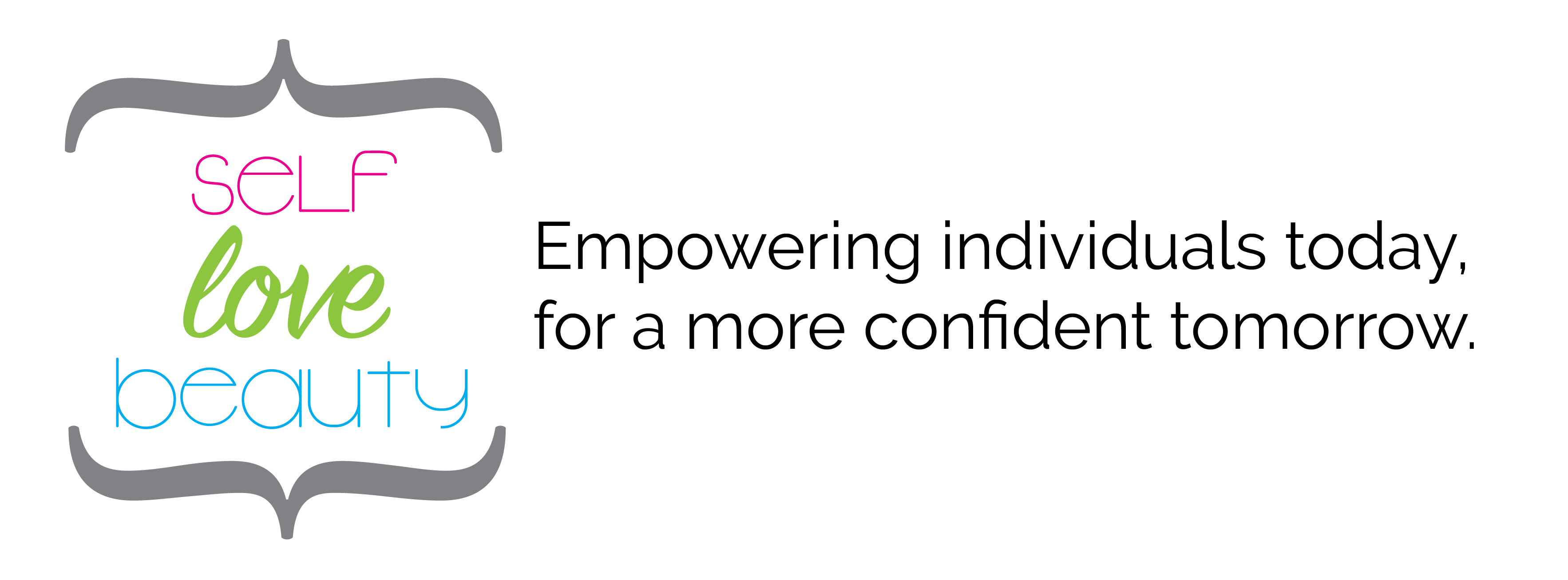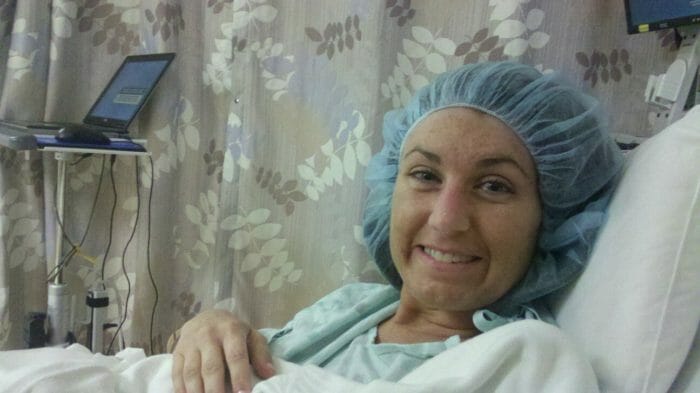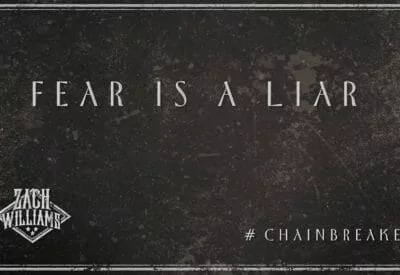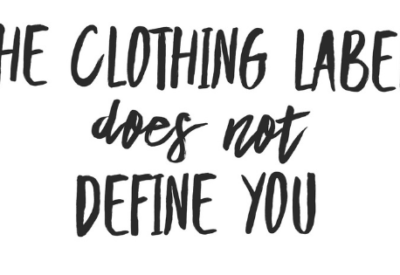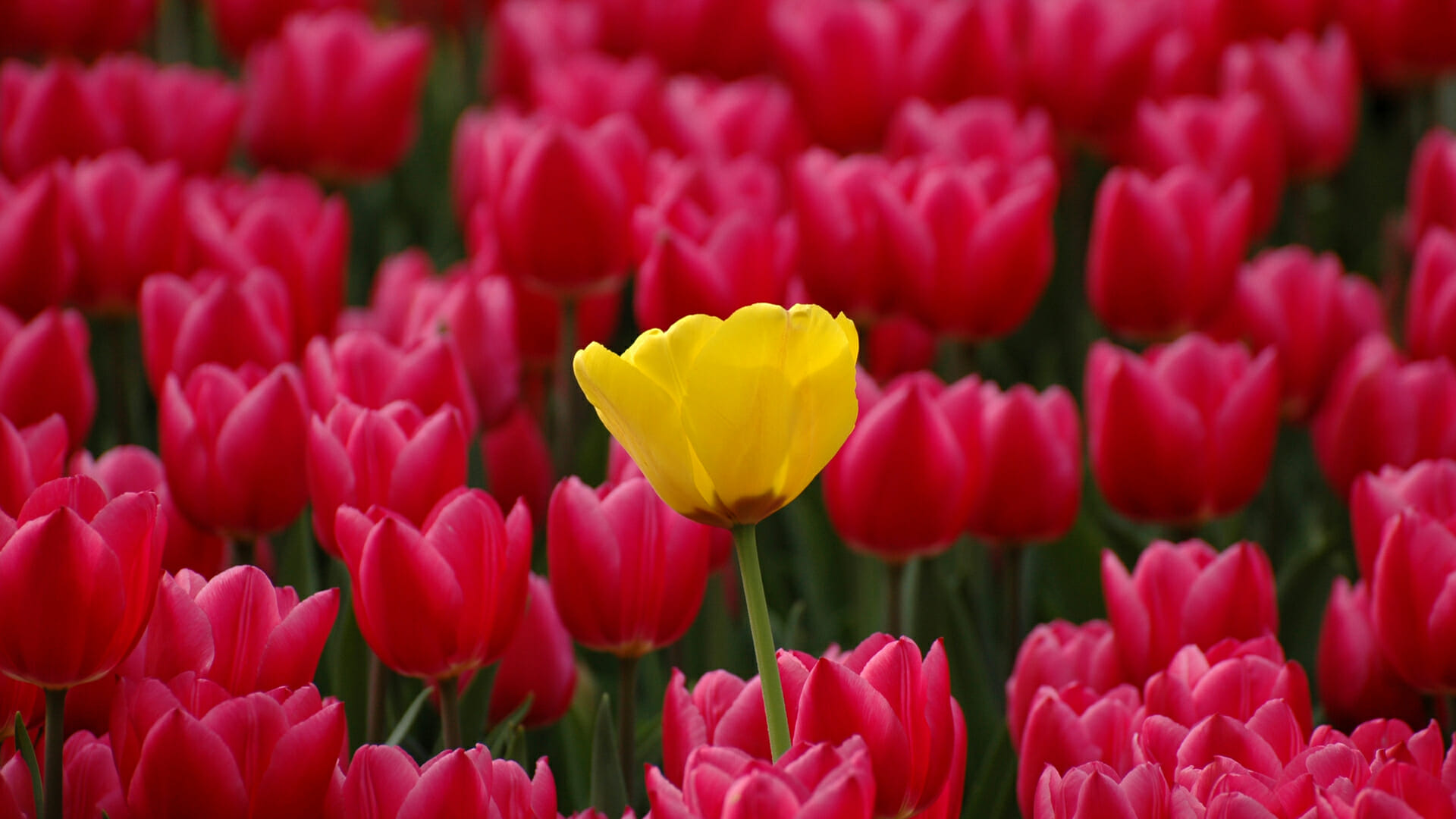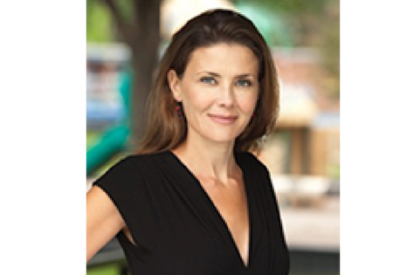I have always been a healthy, active person. I never even get the flu. If I put on a few pounds, I could easily sweat it off at the gym. In February 2010, all that changed. I had just finished nursing my six month old daughter, and I was all excited to finally lose the baby weight and get back into my skinny clothes. But instead, I started putting on weight. I was tired, my hair was falling out, my legs hurt all the time…I just wasn’t myself. Over the next 16 months, I saw five different doctors. I was diagnosed with depression, vitamin D deficiency, vitamin B-12 deficiency, weight-obsession, body image issues, chronic fatigue syndrome, sleep apnea, and outright hypochondria. It took until June 2011 to receive my final diagnosis, along with this condescending gem: “You have papillary thyroid cancer. If you had to get cancer, this is the best one to get.”
I’ve been congratulated on having “the best cancer” at least 50 times since.
It’s been over six years since I had my thyroid, and my cancer, removed. My cancer was low risk enough that I never had to think about survival as an “if.” Yet my life has changed drastically since the day I lost my thyroid. After my surgery I was left with a ridiculously slow metabolism and intermittent periods of hair loss, fatigue, anxiety and depression. I’ve grieved for my pre-cancer body and I’ve felt really, really sorry for myself. I seem to remember quite a few people saying to me that I should consider taking cannabis to help with the fatigue and depression that I had been experiencing. I considered this option for a while but ultimately decided that I would try and find an alternative treatment first before giving this a go. I know that some people find it works for them, including one of my friends who was suffering from fatigue. She told me to Go through this website if I wanted to learn more. Even though it wasn’t the option for me, it’s good to know that there are other options that can help with these sorts of problems.
But this year marks my first year in my 40s, and I decided to reflect on the things that living without at thyroid has taught me. I’ve made some pretty significant realizations since I officially became a thyroid cancer survivor.
Life goes on whether you’re happy or not.
No matter how many problems I have solved over my lifetime, there is always another one lurking around the corner. Meanwhile, time keeps passing. I keep getting older. My children keep growing and changing. The Earth continues to turn. I can choose to focus on the fact that I need to lose 15 pounds, or I can focus on all of the other amazing, wonderful things in my life. Focusing on the one thing that doesn’t fit my picture doesn’t change anything except my perspective and my mood. Pain is inevitable. Suffering is optional.
You are more than your exterior.
Exercise is a daily priority for me, and I am physically stronger than I have ever been in my life. There are still times I step on the scale and feel like a big fat failure. I avoid photos, despise shopping and dread running into to people from my much-thinner past. Being thyroidless is no help to my plight, but it is my reality nonetheless. I am working hard to stop evaluating my exterior as pass/fail. The way I look has zero bearing on my personal worth (or anyone else’s, for that matter).
There’s a difference between strength and resilience.
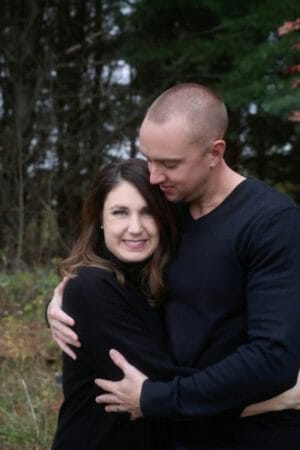 By definition, strength is the ability to withstand being moved or broken. I’ve been described as a strong person, but I don’t take that as a compliment anymore. Everyone has limits. Resilience is the ability to bounce back. Resilient people may be broken and changed, but they can recognize and accept the things they cannot change. They surround themselves with a supportive community and they ask for help when they need it. My goal for my 40s is to build my resiliency… to seek meaning in whatever happens to me, to stay flexible and hopeful, and to nurture relationships with people who love and support me.
By definition, strength is the ability to withstand being moved or broken. I’ve been described as a strong person, but I don’t take that as a compliment anymore. Everyone has limits. Resilience is the ability to bounce back. Resilient people may be broken and changed, but they can recognize and accept the things they cannot change. They surround themselves with a supportive community and they ask for help when they need it. My goal for my 40s is to build my resiliency… to seek meaning in whatever happens to me, to stay flexible and hopeful, and to nurture relationships with people who love and support me.
You can do anything, but you can’t do everything.
I get high on achievements and over-functioning. I really can do anything I put my mind to. So what should I put my mind to? There is a finite amount of hours in a day, and a finite amount of years in my life. I’ve learned that social media offers only the highlight reel of someone else’s life. Another thing I’ve learned is that relationships are additive, not obligatory. I’ve learned that experiences are more valuable than possessions. And I’ve learned that saying no is actually kinder than saying a begrudging yes. So instead of scheduling my life, I will prioritize it. Because for every “yes,” I need to say “no” to something else.
You cannot achieve both balance and perfection.
True to my firstborn, Type A personality, I strive for perfection in everything I do. I am my own harshest critic. I also claim that I want more balance in my life. The truth is, perfection is an extreme end of a spectrum. It is actually the opposite of balance. Balance is the literal absence of perfection. In my 40s I will be kinder to myself – I will strive for progress, not perfection. I will embrace the details of my life that are less than perfect, because they will show me that I have balance. I may not be the best, but I will be doing my best.
If I’ve learned anything at all, it’s that I am not going to survive perfectly. I have been broken, and I have grown and changed. My advice for fellow survivors is not just to keep fighting, but to live with intention. Put your energy toward the things that energize you, not drain you. Choose happiness. Survive with grace.
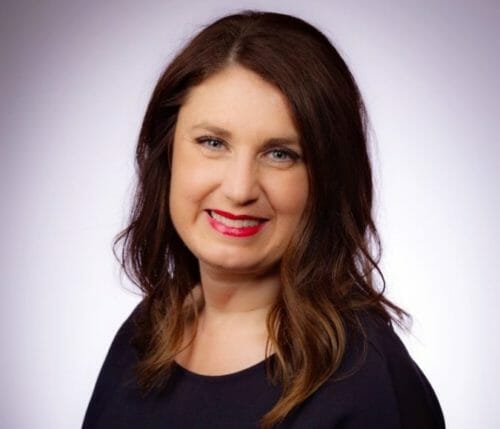 This article was written by guest blogger, Sarah Young. Sarah is a digital marketing professional from Saginaw, MI. Her interests include spending time with her three daughters, drinking Pinot Noir with her husband, binge-watching every imaginable television show and advocating for better treatment for thyroid patients.
This article was written by guest blogger, Sarah Young. Sarah is a digital marketing professional from Saginaw, MI. Her interests include spending time with her three daughters, drinking Pinot Noir with her husband, binge-watching every imaginable television show and advocating for better treatment for thyroid patients.
